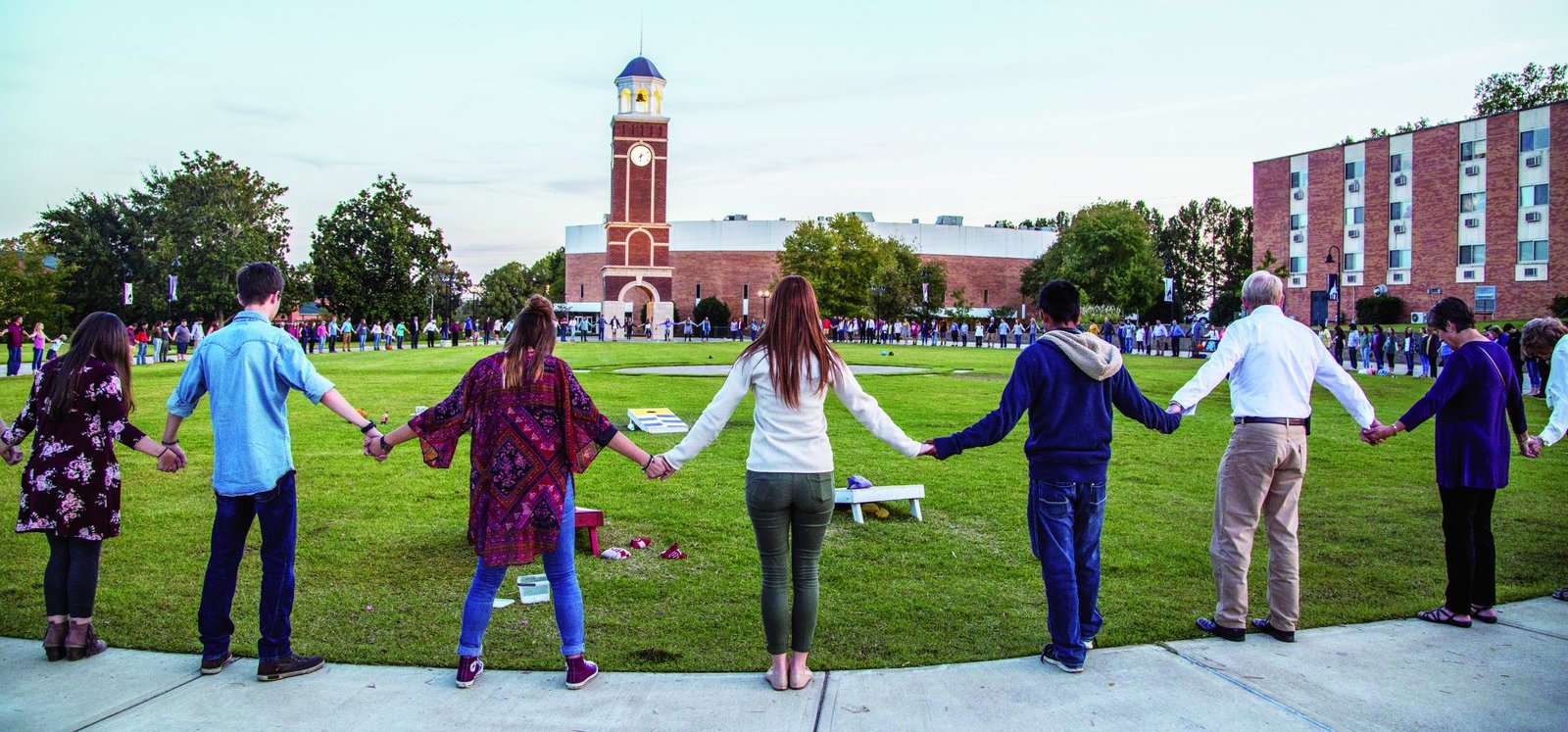Key Takeaways
- Many U.S. colleges have religious ties.
- You don’t need to share that faith to attend.
- Some schools require religious courses or events.
When researching colleges, students often come across religiously affiliated schools. Understanding how these institutions might shape academic and campus life is important early in the decision-making process.
In fall 2021, there were 3,893 degree-granting colleges in the U.S., with 849 having religious affiliations, per the National Center for Education Statistics.
Examples include:
- University of Notre Dame (Indiana) – Tied to the Congregation of Holy Cross.
- Baylor University (Texas) – A Baptist school.
- Emory University (Georgia) – Founded by Methodists.
- Yeshiva University (New York) – A Jewish institution.
- Wilberforce University (Ohio) – Affiliated with the African Methodist Episcopal Church.
Mary Banks of Quad Education Group notes that these schools have “opened their doors to diversity.”

For some, a faith-based college is appealing—whether for alignment with personal beliefs, a supportive environment, or spiritual growth opportunities.
Banks adds, “A religious university offers a safe space for students wanting to uphold family values.”
While some schools keep faith in their history, others weave it into daily campus life. Here’s what students should know.
Everyone Is Welcome
Most religious colleges don’t require students to share their faith—or any faith at all.
Jayson Weingarten of Ivy Coach explains: “Though some schools consider faith in admissions, they still prioritize diversity, academic freedom, and community—just like top secular schools.”
A common myth? That everyone on campus shares the same beliefs—or that non-followers will be pressured to convert. “That’s simply untrue,” Weingarten says.
Donna M. Carroll of the Association of Catholic Colleges and Universities notes there are roughly 230 Catholic schools in the U.S. Many assume they only admit Catholic students, but in reality, “only about half of students at these schools identify as Catholic.”
Students of other faiths often choose Catholic schools because they believe the environment will “better respect and support their spiritual life compared to secular schools.”
Religious Involvement Varies
Not all faith-based colleges operate the same way.
Banks clarifies: “Some worry Jesuit schools mandate Sunday mass or religious classes. But that’s not the case at most Catholic or religiously affiliated universities today.”
At places like Boston University or Georgetown, campus life remains largely unchanged. Weingarten adds: “Many have theology requirements, but often allow philosophy or ethics courses to fulfill them.”
However, some schools, like Brigham Young University (Utah), enforce strict conduct rules and require religion courses. Baylor mandates two chapel semesters for undergrads to graduate.
Diverse Perspectives Are Embraced
Smaller classes and close faculty-student ratios at many religious schools foster open dialogue.
Amanda Staggenborg of the Council for Christian Colleges and Universities says: “A pluralistic society means respecting differing views—even when we disagree.”
For example, the University of San Diego (Catholic) offers courses like:
- Islamic Thought and Culture
- LGBTQ+ and Christianity
- The Hindu Tradition
- Indigenous Religions and Spiritualities
Carroll notes: “Some assume Catholic schools have narrow viewpoints, but most encourage diverse perspectives in the search for truth.”
Many also have multi-faith chaplains. Tufts University lists eight chaplains from different traditions.
Carroll adds: “Larger Catholic schools often have diverse ministry teams, and interfaith efforts are common.”
Weingarten points out that students gravitate toward top schools—religious or not—for academics, campus culture, and sports.
Banks advises applicants to speak with administrators and current students: “The welcome mat is out. Research these schools—whether you want familiarity or a culturally different challenge.”

